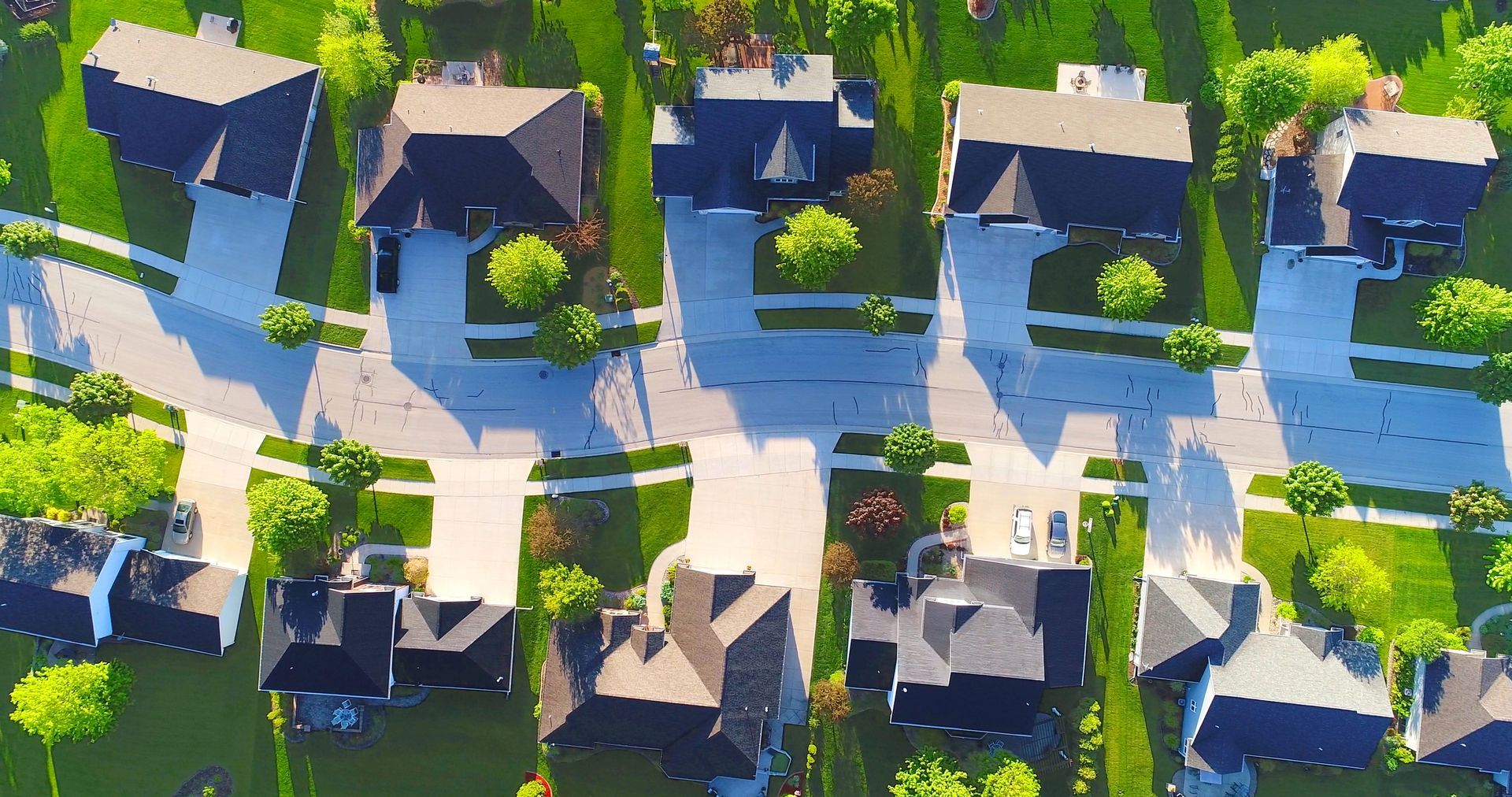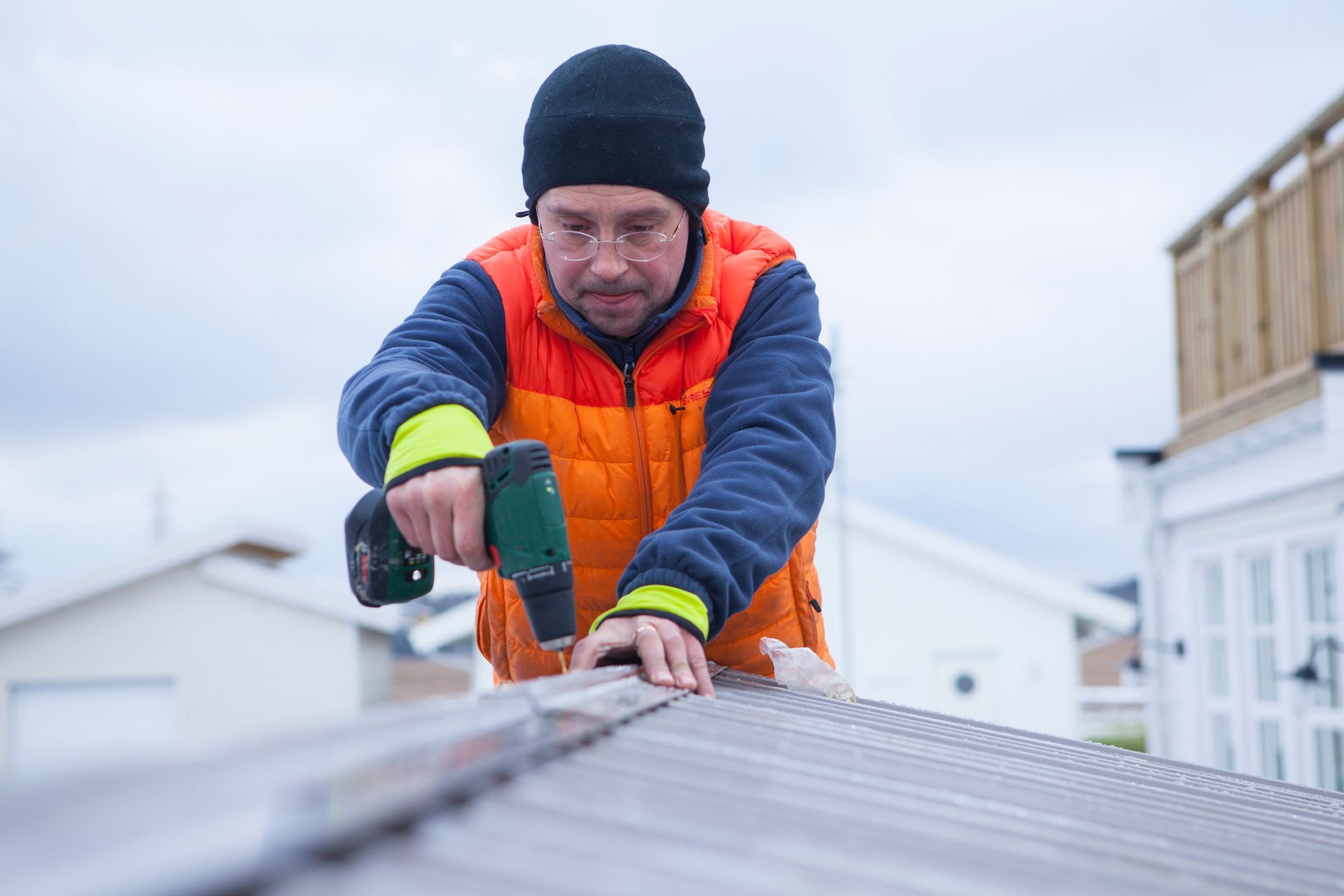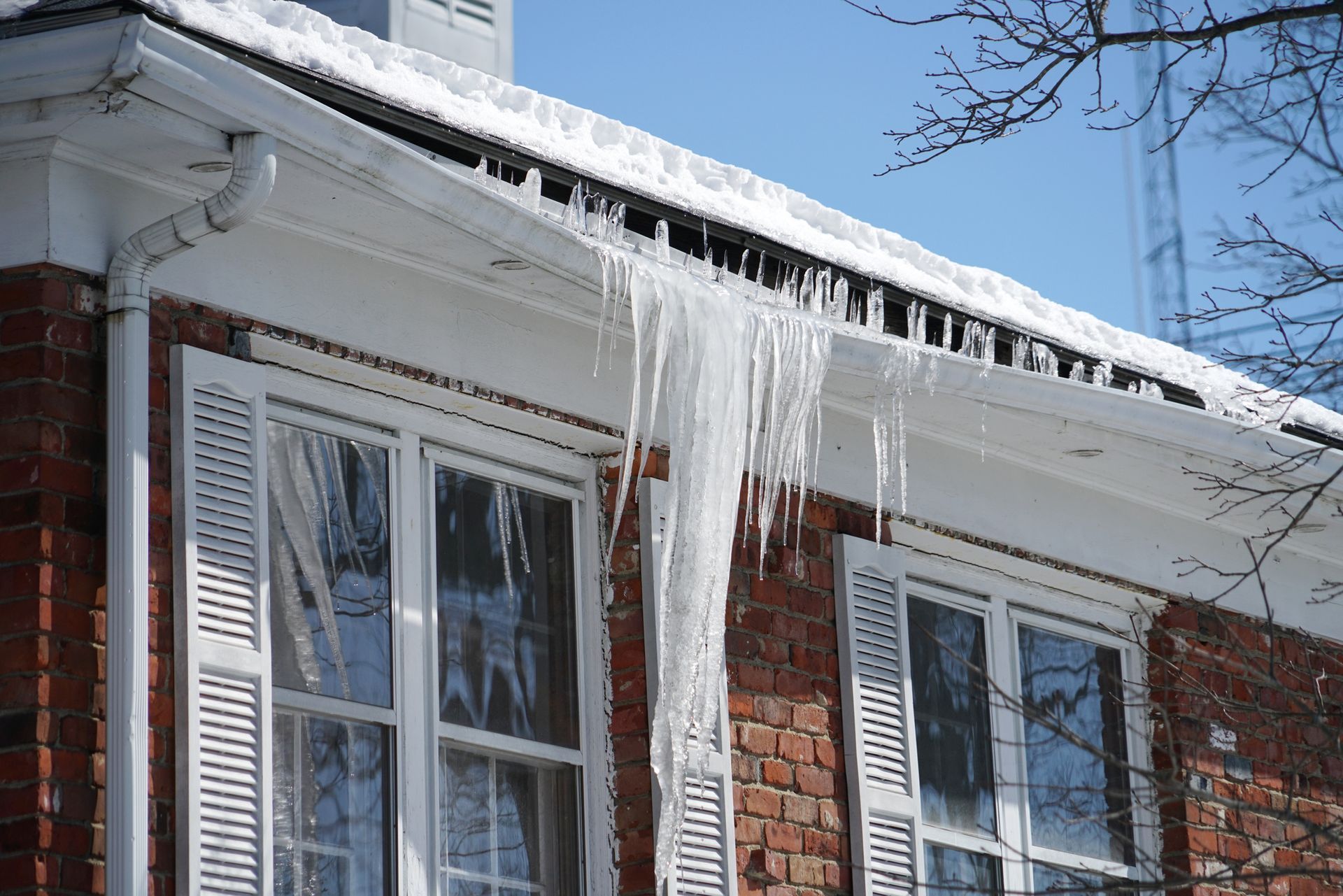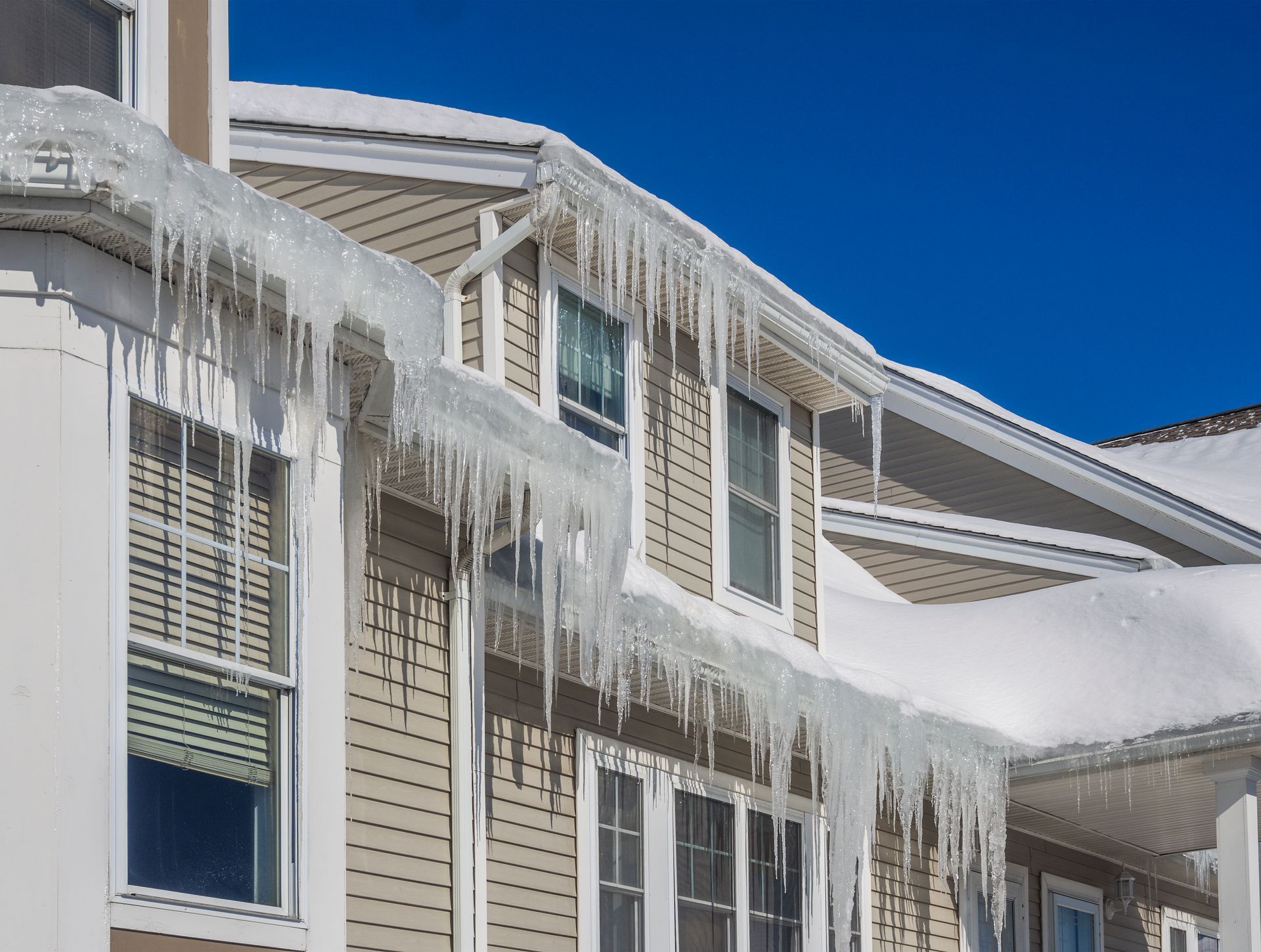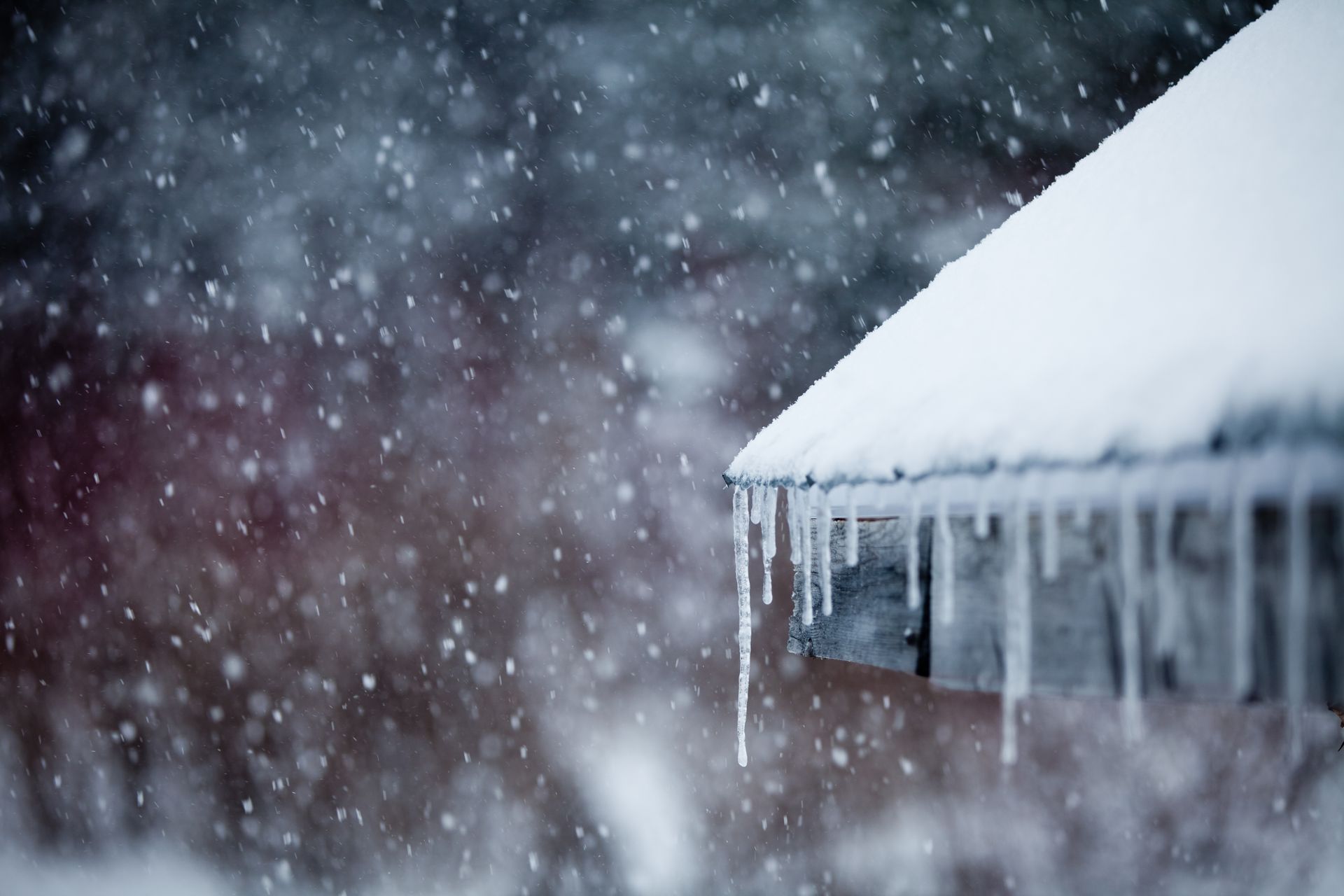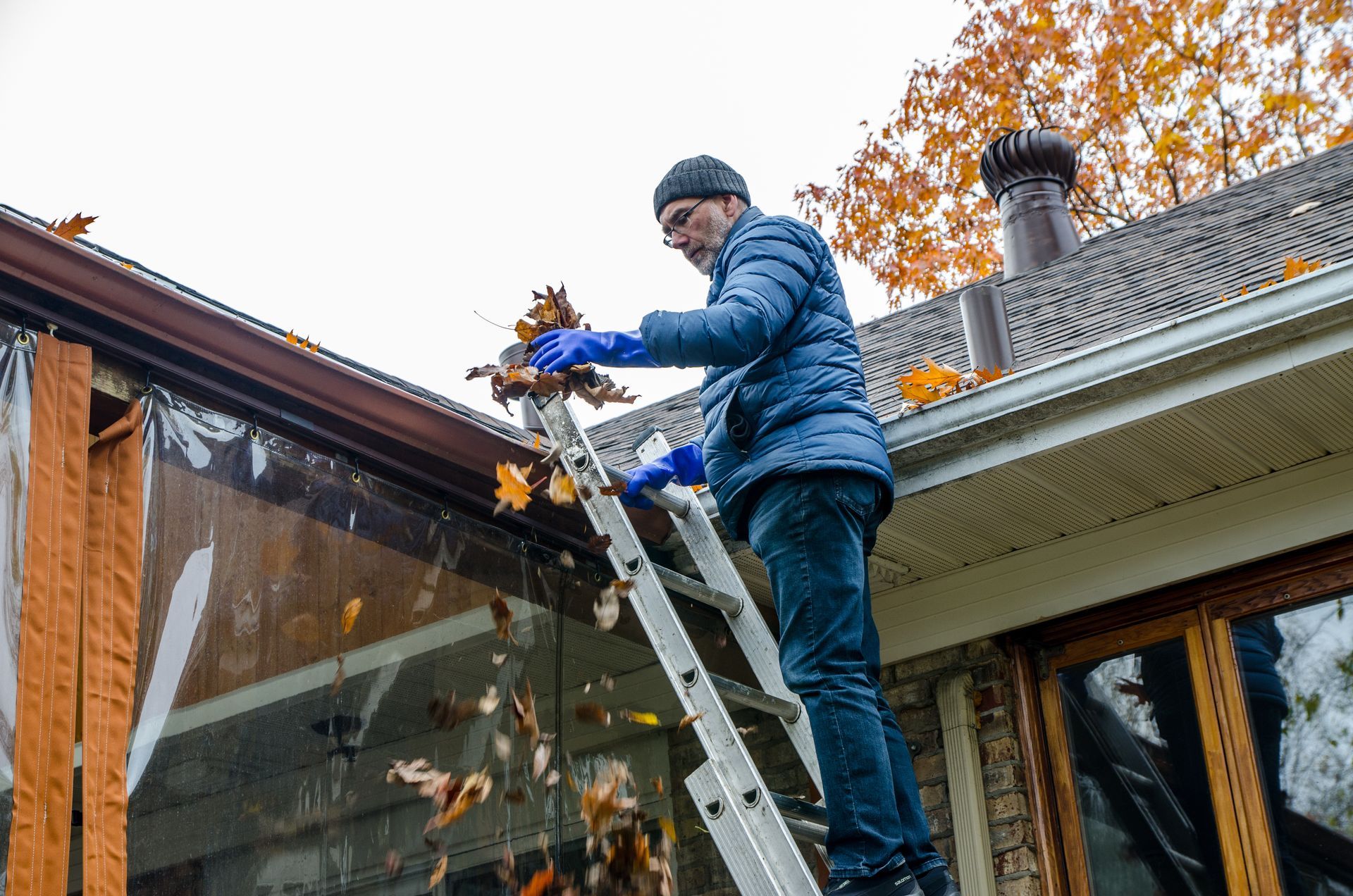How Air Quality Might Be Affecting Your Roof: Understanding the Impact
- By 7011813378
- •
- 01 Aug, 2023
- •
How Air Quality Might Be Affecting Your Roof: Understanding the Impact
As homeowners, we often prioritize maintaining the interior of our houses, paying little attention to the external factors that can influence the longevity and health of our properties. One such often-overlooked factor is air quality. While we frequently associate air quality with its impact on our health, it also plays a crucial role in affecting the health of our roofs. In this blog post, the experts at Final Touch Construction will explore how air quality can influence the condition of your roof and what steps you can take to mitigate potential damages.
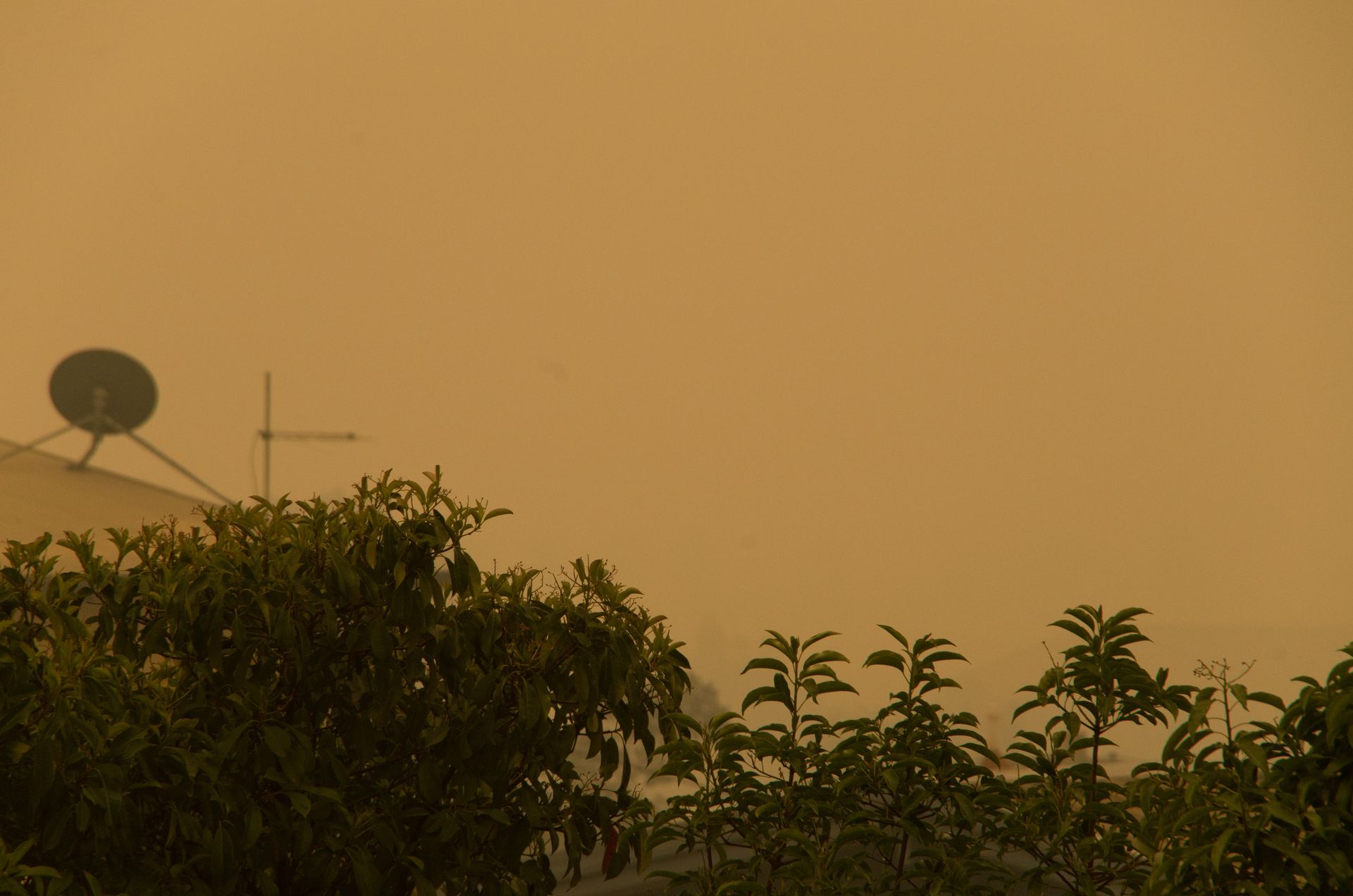
Airborne Pollutants and Roof Deterioration:
The atmosphere contains various airborne pollutants, including dust, pollen, mold spores, and industrial emissions, among others. These particles can settle on your roof over time and create a breeding ground for mold, algae, and other harmful microorganisms. These organisms feed on the organic material found in roof shingles, breaking them down and leading to premature wear and tear.
Acid Rain and Roof Damage:
Air pollution often results in the formation of acid rain, which occurs when nitrogen oxides and sulfur dioxide react with water vapor in the atmosphere. When acid rain comes into contact with roofing materials, such as asphalt shingles, it can cause gradual erosion, weakening the structure of the roof and reducing its lifespan.
Moisture and Humidity Levels:
Poor air quality can also influence the humidity levels in your area. High humidity can trap moisture in your roof, leading to the growth of mold and mildew, which can further degrade the roofing materials. Additionally, fluctuations in humidity levels can cause roof materials to expand and contract, leading to cracks and leaks.
Effects of Airborne Chemicals:
Certain industrial areas and urban environments release harmful chemicals into the air, such as sulfur, chlorine, and ammonia. These chemicals can settle on your roof, causing discoloration and weakening the surface. Over time, the chemicals can corrode metal elements of the roof, such as flashing, gutters, and vents.
Reduced Energy Efficiency:
Air quality can also impact the energy efficiency of your home. Airborne pollutants and particulate matter on your roof can block sunlight, reducing the effectiveness of solar panels and increasing the need for artificial lighting. Moreover, a compromised roof structure can lead to air leaks, impacting the insulation and making it harder to maintain a comfortable temperature indoors.
Maintaining a healthy and sturdy roof is essential to ensure the overall integrity of your home. While we may not have control over the quality of air outdoors, we can take steps to protect our roofs from the effects of air pollution and airborne pollutants. Regular roof inspections, cleaning, and maintenance are crucial to preventing significant damage caused by poor air quality. Additionally, considering roofing materials with better resistance to mold, algae, and chemical corrosion can help prolong the lifespan of your roof. Ready to secure your roof? Contact the experts at Final Touch Construction today.
Lastly, planting trees and creating green spaces around your home can act as natural air purifiers, reducing the impact of air pollution and improving the air quality in your immediate vicinity. By understanding the connection between air quality and roof health, we can take proactive measures to safeguard our homes and promote a healthier living environment for ourselves and our families.
